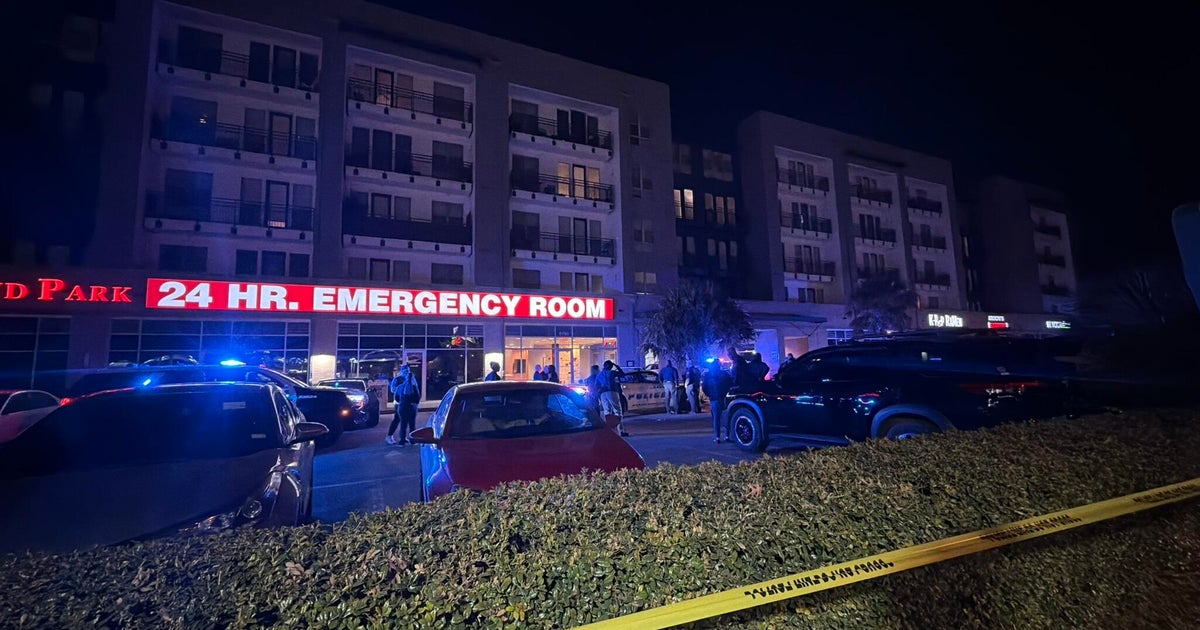Capitol Police investigated about 7,500 cases of potential threats against lawmakers in 2022
The U.S. Capitol Police investigated about 7,500 cases of potential threats against members of Congress in 2022, an agency spokesperson said Tuesday.
That number is historically high, but slightly down from 2021, when there were 9,600, and 2020, when there were 8,600 cases of potential threats against federal lawmakers.
The number of cases in 2021 was twice what it was in 2017.
"The threats against Members of Congress are still too high," said U.S. Capitol Police Chief Tom Manger. "This has resulted in a necessary expansion of not only our investigative capabilities, but our protection responsibilities as well. While that work is ongoing, everyone continuing to decrease violent political rhetoric across the country is the best way to keep everyone safe."
- "I hope your family dies": Lawmakers worry for their safety as violent threats surge
- Two years after Jan. 6 attack on U.S. Capitol, former police chief warns "this could happen again"
Some high-profile threats and assaults against members of Congress have rattled lawmakers in recent years.
In 2017, GOP Rep. Steve Scalise of Louisiana was shot and seriously wounded during a congressional baseball practice in Alexandria, Va., while he was surrounded by other lawmakers. Scalise, who underwent intensive rehabilitation, survived, and is now the Republican House majority leader.
In October, Paul Pelosi, husband of then-House Speaker Nancy Pelosi, was attacked in their San Francisco home by a suspect who allegedly shouted, "Where is Nancy?" before assaulting Paul Pelosi with a hammer.
In August, A 22-year-old Pennsylvania man pleaded guilty to charges of threatening to shoot and kill Rep. Eric Swalwell of California.
In July, a 43-year-old man was arrested and charged with assaulting a member of Congress after he allegedly attempted to stab Republican Rep. Lee Zeldin in New York.
Shortly after Jan. 6, 2021, House members wrote to their leaders saying they are "targets" and asked for more security.
A $1.7 trillion spending bill enacted in December includes House member security. The law requires the U.S. House and Capitol Police to "enhance member protection including providing a security program for Congressional Leadership, expanding Dignitary Protection Division services and expanding USCP field office presence," which would deploy and broaden Capitol Police protection to cities outside of Washington.



